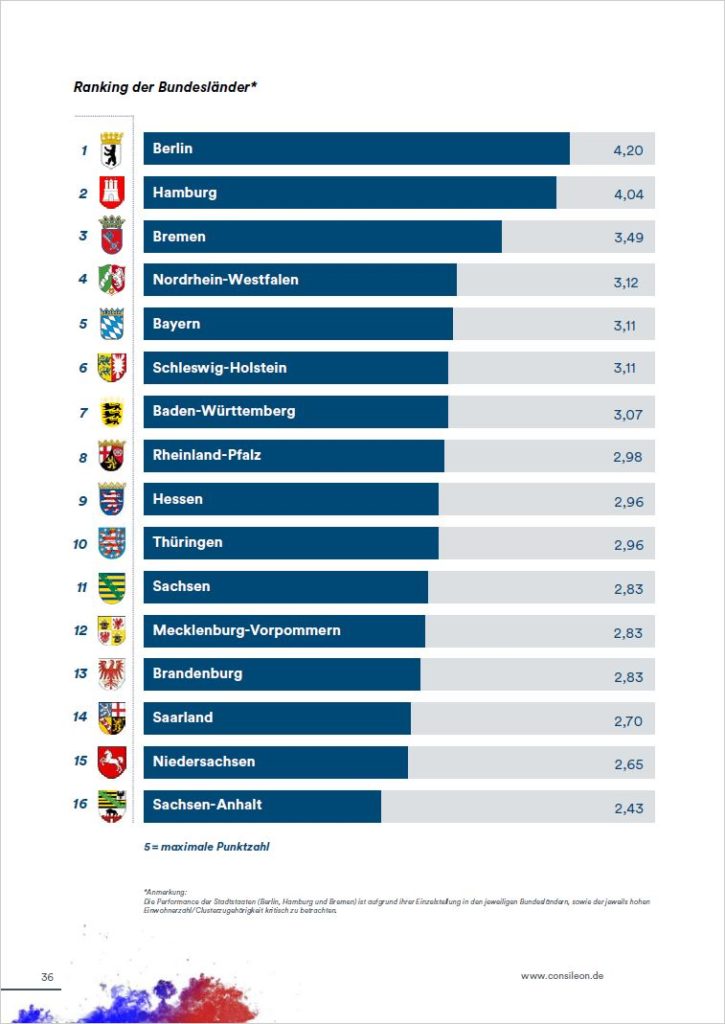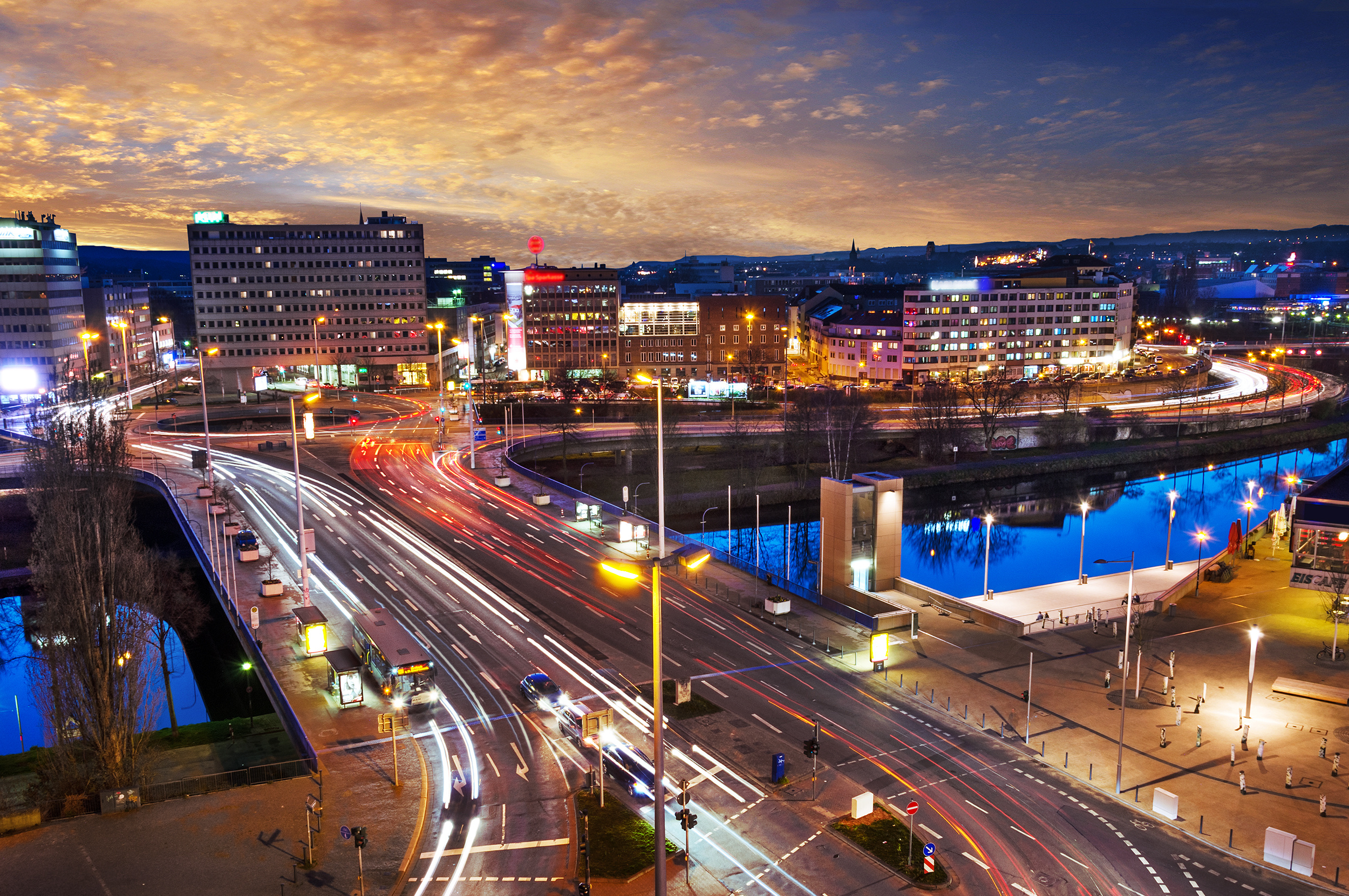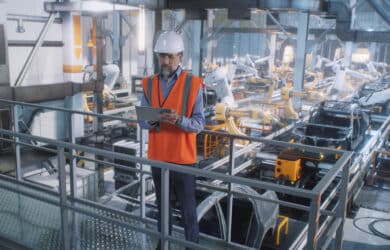A snapshot of smart mobility in German cities
In the following, you will gain a brief insight into Consileon’s Smart Mobility Study 2021. This study examines the situation in a sample of 92 medium-sized and large German cities with regard to the connectivity and sustainability of transport and smart mobility.
Unlike existing studies, which increasingly focus on the smart city of tomorrow, we are analyzing the topic of smart mobility in particular. Although cities cover only two percent of the global land area, half of humanity lives in them. As the influx into metropolises continues, they must become smarter. Despite car sharing, public transportation and the bicycle boom, car density in Germany is steadily increasing. There are currently 574 cars per 1,000 inhabitants.
One approach to alleviating this environmental and space problem with modern technology is smart mobility. It is realized by upgrading the transportation infrastructure with information and communication technology. Mobility apps and websites collect data from sources such as traffic guidance systems, timetables, crowd projects, cameras or sensors on vehicles, traffic lights, parking lots or roads. Find out from us which cities perform particularly well in which categories or in which areas there is still potential for optimization.
Feel free to contact us with suggestions and feedback!
You can order our Smart Mobility Study 2021 here. If you have any further questions, please contact us here.
(The study is in German)






